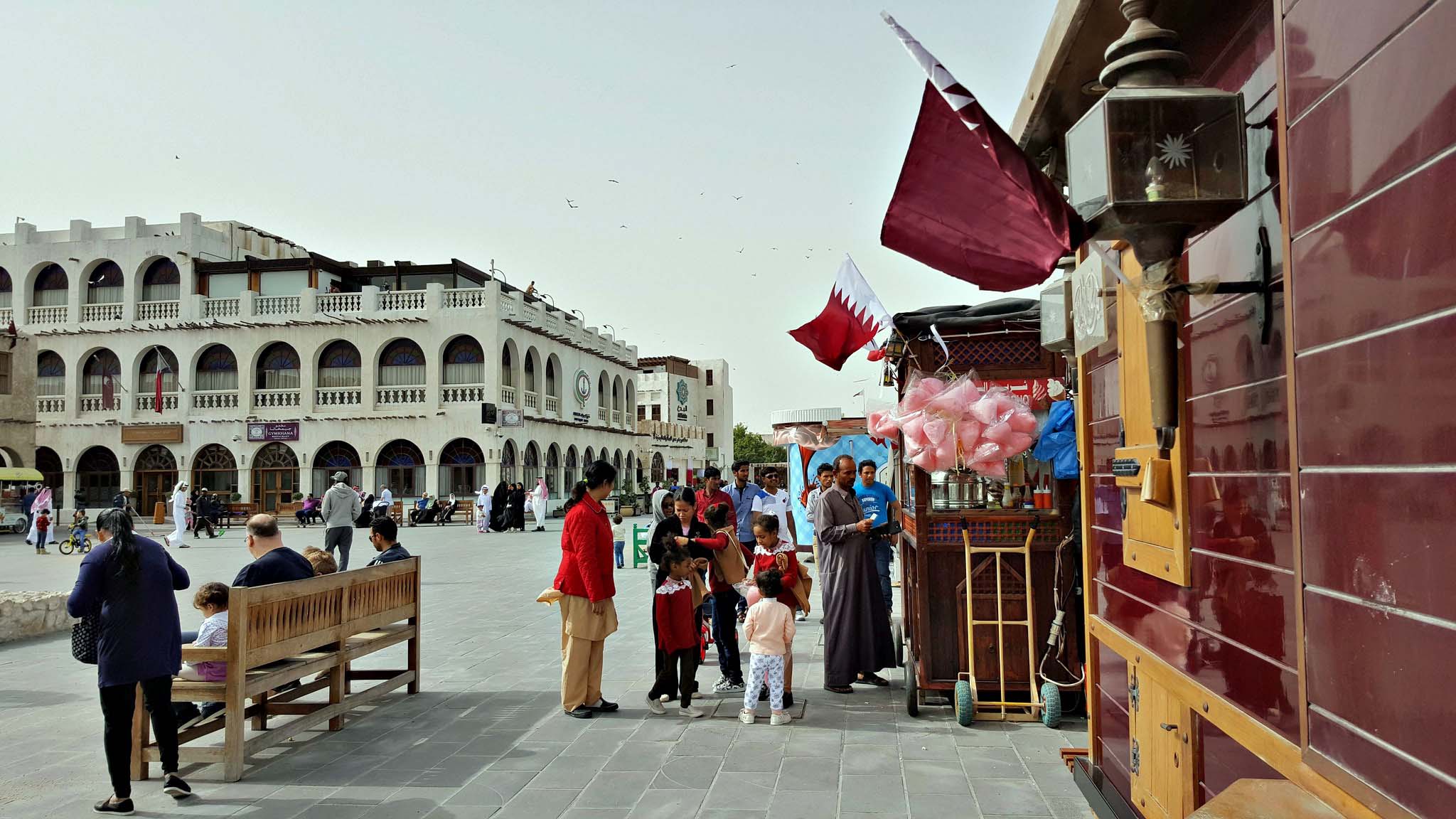As Qatar sets a new benchmark in tourism, the country prepares for major international events and showcases investment opportunities.
Qatar has set a new benchmark in global tourism, attracting over three million visitors in 2023. This milestone was announced by the Chairman of Qatar Tourism, Saad bin Ali Al Kharji, during his opening address at the 26th session of the Arab Ministerial Council for Tourism, held recently in Doha.
Al Kharji lauded Qatar’s remarkable success in hosting the FIFA World Cup Qatar 2022, describing it as a transformative experience with potential benefits for the entire Arab region in terms of tourism development.
This success story is further bolstered by Qatar’s hosting of key international events in 2023, including the Geneva International Motor Show, the first of its kind outside Switzerland, the Kiteboarding World Cup, and the Expo 2023 Doha for Horticulture, marking a first in the Middle East and North Africa.
Qatar is gearing up for more notable events, such as the AFC Asian Cup 2023 and the Web Summit conference.
Underlining Qatar’s strategic focus, Al Kharji emphasised the nation’s dedication to developing its legislative framework, enhancing infrastructure, streamlining administrative procedures, and bolstering the tourism sector while staying true to its cultural identity and values.
He also highlighted tourism’s role as a vital driver of economic growth and sustainable development globally over the past three decades. He stressed the importance of ambitious strategies aligning with Qatar’s National Vision 2030 to enhance the tourism sector’s contribution to the national economy.
Al Kharji also called for concerted efforts among Arab nations to develop the tourism sector, highlighting the region’s natural richness and the need for collaborative initiatives and shared programmes to promote Arab tourism.
The Arab region surpassed pre-pandemic tourism figures by over 20% in the first nine months of 2023, according to World Tourism Organization data. This surge is attributed to increased demand, eased visa policies, and new tourism projects across the region.







